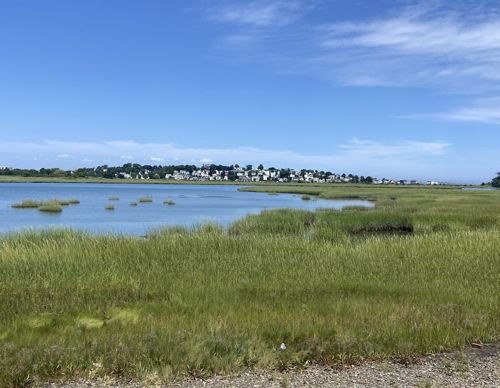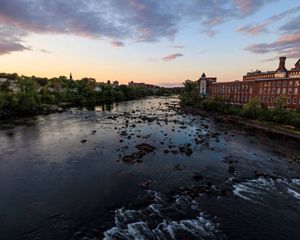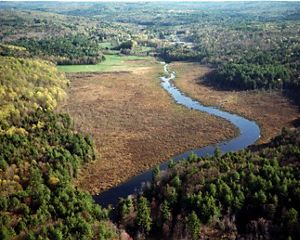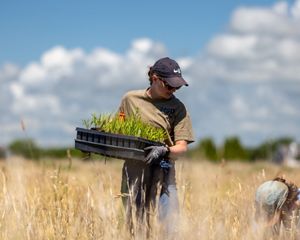Massachusetts
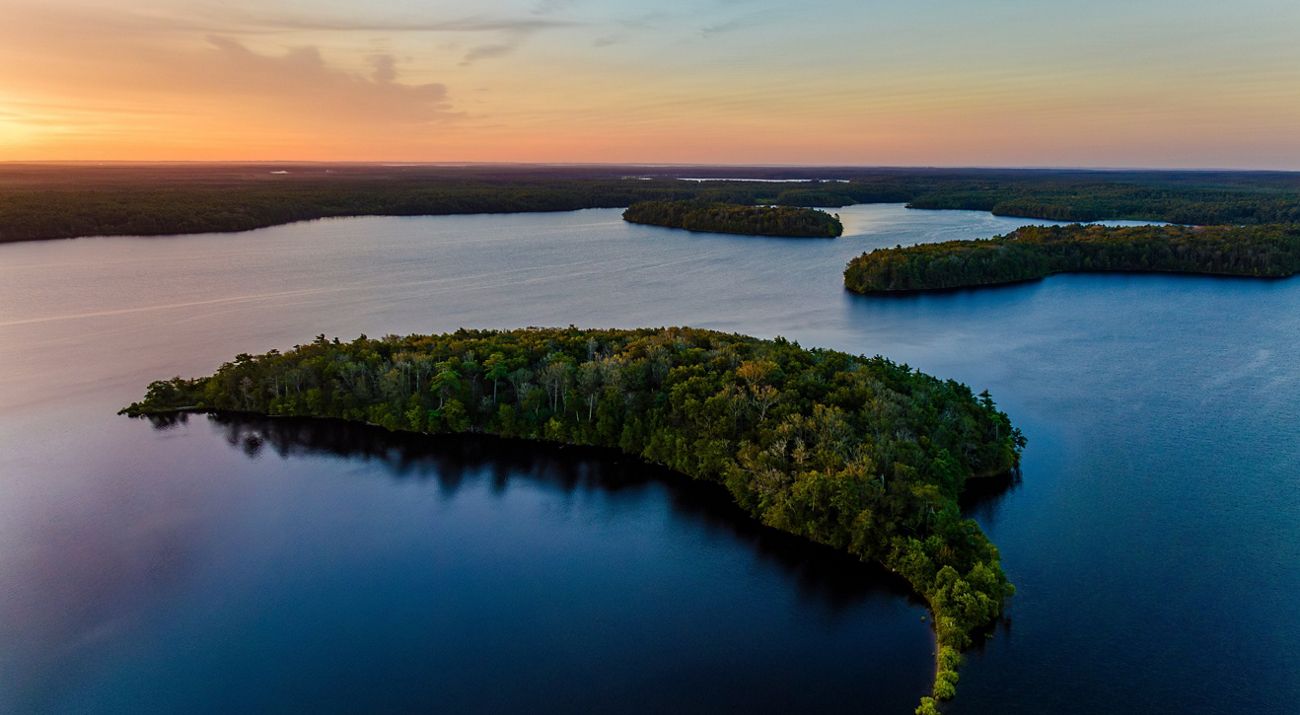
Make a Difference in Massachusetts
The Nature Conservancy is bringing a spirit of innovation to preserving life on Earth. In Massachusetts, we’re working with diverse partners to bring back healthy rivers, estuaries and fisheries; protect forests and the benefits they provide; transform the city landscape; and fight the causes of climate change, while working with communities to use nature to adapt to its impacts.
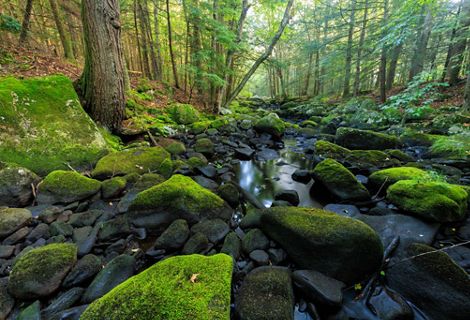
Check Out Our Latest News and Updates
Read the latest stories from The Nature Conservancy in Massachusetts, in the field, at the State House, behind-the-scenes and more. Stay up to date on our efforts from conservation and stewardship to policy.
Download
Check out some of this year's highlights, including updates from the field and stories on coastal resilience, clean energy policy and more!
DownloadJoin us to sustain healthy communities and nature
Sign up to receive monthly conservation news and updates from Massachusetts.
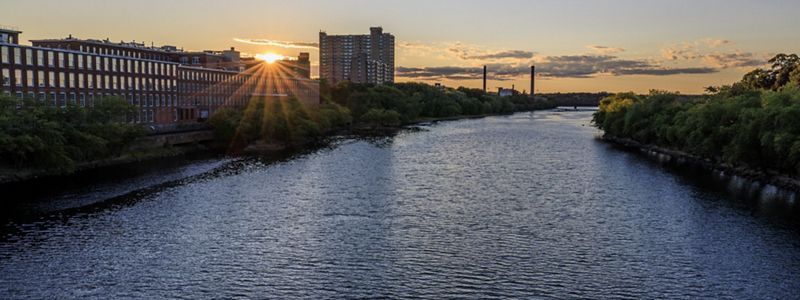

Tune into our Nature Connects Webinar Series
Connect with scientists and experts from The Nature Conservancy in Massachusetts to go behind the scenes on our work through our virtual weekly webinar series!
Volunteer for Nature
Our volunteers help us achieve our mission of conserving the lands and waters on which all life depends and make a big difference across Massachusetts and beyond.
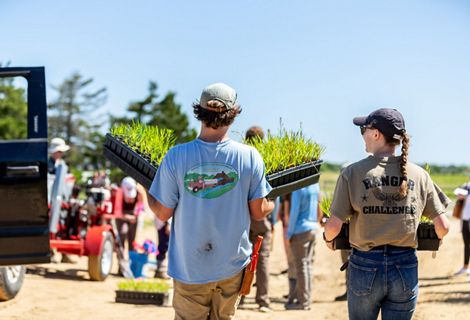
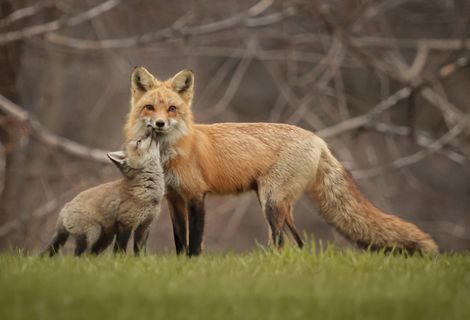
See the Places We Protect in Your Community
The mission of The Nature Conservancy is to protect the lands and waters on which all life depends. For more than 50 years, we’ve been working in Massachusetts to do just that.
